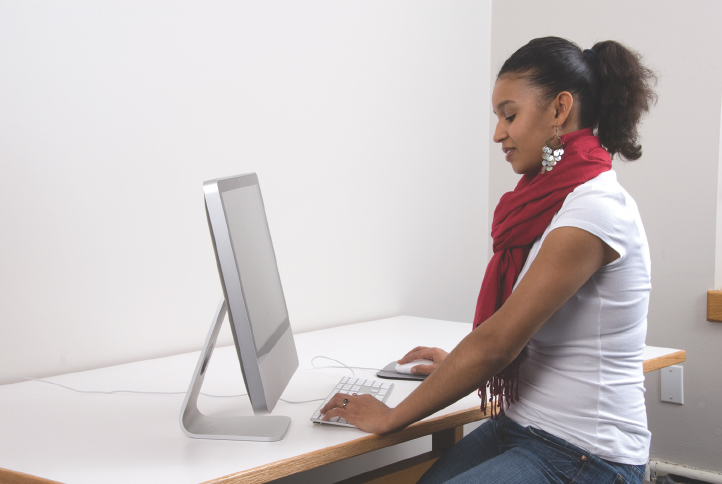Learning to Be Information Literate
People are amazed at the amount of information available to them everywhere, especially online. Many think that because they checked out some links they found on a search engine, they are informed or can easily become informed. Most of us, though, are unprepared for the number of available sources and the amount of information that we can find at the press of a button. What can we do about information overload? To become an informed and successful user of information, keep three basic goals in mind:
- Know how to find the information you need. Once you have figured out where to look for information, you’ll need to ask good questions and learn how to search information systems, such as the Internet, libraries, and databases. You’ll also want to get to know your college librarians who can help you ask questions, decide what sources you need to investigate, and find the information you need.
- Learn how to interpret the information you find. It is important to find information, but it is even more important to make sense of that information. What does the information mean? Have you selected a source you can understand? Is the information correct? Can the source be trusted?
- Have a purpose for collecting information and then do something with it once you have it. Even the best information won’t do much good if you don’t know what to do with it. True, sometimes you’ll hunt down a fact simply to satisfy your own curiosity. But more often, you’ll communicate what you’ve learned to someone else. First you should decide how to put your findings into an appropriate format such as a research paper for a class or a presentation at a meeting. Then you need to decide what is it that you want to accomplish. Will you use the information to make a decision, solve a problem, share an idea, prove a point, or something else?
In this chapter we’ll explore ways to work toward each of these goals.

Information Literacy
In today’s world, information literacy is one of the most important skills. This means developing computer, media, and cultural literacy, along with learning how to find, interpret, and use information you need.